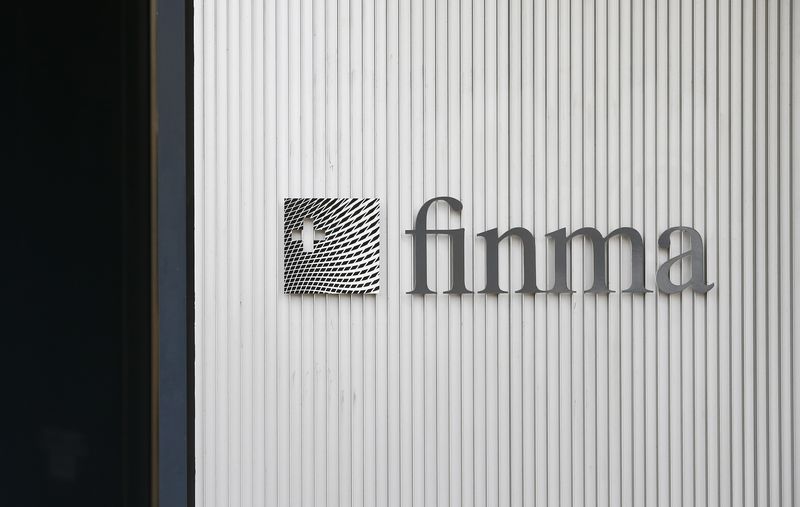By John Revill
ZURICH (Reuters) -The head of Switzerland's financial watchdog FINMA has resigned nearly six months after the body drew heavy criticism for failing to prevent the collapse of Credit Suisse (SIX:CSGN).
Urban Angehrn will step down at the end of September 2023, FINMA said in a statement on Wednesday.
Angehrn, who has led the regulator since November 2021, said he was quitting for health reasons.
"Being able to contribute to the sustainable improvement of the quality of the Swiss financial centre as CEO of FINMA was a unique challenge for me, and one that I tackled with all my might," Angehrn said.
"However, the high and permanent stress level had health consequences. I have considered my decision carefully and have now decided to step down."
FINMA said Deputy CEO Birgit Rutishauser will act as interim CEO from Oct. 1.
"The Board of Directors very much regrets this decision and would like to thank Urban Angehrn for his lasting contribution to FINMA during an exceptionally challenging period," the statement said.
The regulator has come under fire for failing to act sooner, or more effectively, to halt the string of scandals at Credit Suisse in recent years.
Swiss media has accused FINMA of being too cautious around Switzerland's large banks, which they reported did not take the regulator seriously.
Credit Suisse for example gave FINMA false and overly positive statements about its business relationship with financier Lex Greensill, the regulator said earlier this year.
The bank's dealings with Greensill eventually caused a 1.6 billion Swiss franc ($1.80 billion) loss for what was formerly Switzerland's second-largest lender.
FINMA also communicated poorly and assigned too few people to oversee the big banks, local media reported.
From a staff of 550 people, the core supervisory team for Credit Suisse was only five people, although this was expanded last year.
In response, Angehrn said FINMA was not to blame for Credit Suisse's failure, and argued the authority needed stronger powers, including the ability to impose sanctions and hand out fines, as is already the case in other countries.
"This is tried and tested practice in other financial centers and strengthens the precautionary effect of supervision," he wrote in Swiss newspaper NZZ in July.
"FINMA would like the companies it supervises to clearly allocate responsibility to the people in the management bodies," he added. "This strengthens the corporate culture, sharpens risk awareness and makes it easier for the supervisory authority to intervene with managers."
Credit Suisse came to the brink of collapse in March when trust evaporated, leading rattled savers to withdraw billions in cash.
The stricken bank was eventually bought by cross-town rival UBS in a state-engineered 3 billion Swiss franc rescue.
The acquisition, the biggest banking deal since the 2008 financial crisis, has triggered scores of legal cases brought by disgruntled investors who lost money when certain bonds were wiped out, or were unhappy with exchange ratio for their stock.

($1 = 0.8900 Swiss francs)
($1 = 0.8902 Swiss francs)